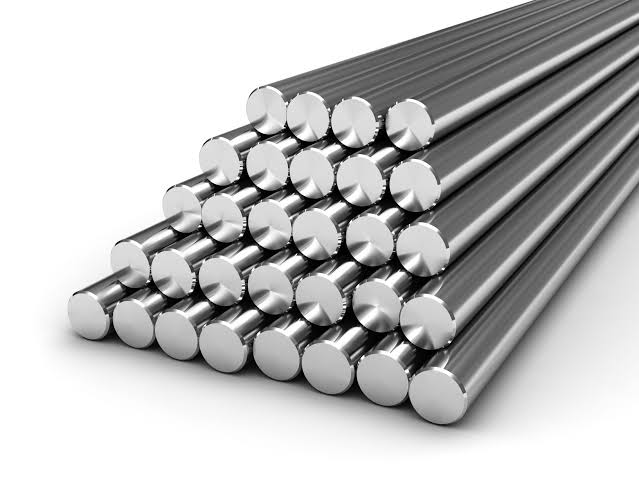Steel Tubes
Steel Tubes are hollow cylindrical structures made from various grades of steel. They are widely used across numerous industries, including construction, manufacturing, automotive, and energy, due to their strength, durability, and versatility. Steel tubes come in various shapes, sizes, and finishes, making them suitable for a wide range of applications.

Key Features:
- High Strength-to-Weight Ratio: Steel tubes provide significant strength while being lightweight, making them ideal for structural applications.
- Versatility: Available in various shapes (round, square, rectangular) and sizes, catering to diverse industrial needs.
- Corrosion Resistance: Many steel tubes can be treated or coated to enhance resistance to corrosion and rust, extending their lifespan.
- Ease of Fabrication: Steel tubes can be easily welded, cut, and formed into various shapes and configurations.
Applications:
- Construction: Used in building frameworks, scaffolding, and support structures due to their strength and stability.
- Automotive: Incorporated into vehicle frames, exhaust systems, and other critical components.
- Manufacturing: Utilized in the production of machinery, tools, and equipment.
- Oil and Gas: Employed in pipelines for transporting oil, gas, and other fluids under high pressure.
- Furniture: Used in the manufacturing of durable furniture and fixtures.
Common Sizes:
- Outer Diameter (OD): Ranges from 1/2 inch to 12 inches or more, depending on the application.
- Wall Thickness: Varies from 1 mm to 10 mm, with options available for different pressure requirements.
- Length: Standard lengths are typically 6 meters, but custom lengths can be provided based on specific needs.
Types of Steel Tubes:
- Seamless Steel Tubes: Manufactured without a seam, offering higher strength and are used in high-pressure applications.
- Welded Steel Tubes: Made by welding steel plates or strips; ideal for lower-pressure applications and generally more cost-effective.
- Galvanized Steel Tubes: Coated with zinc to prevent corrosion, suitable for outdoor applications and plumbing.
- Stainless Steel Tubes: Made from stainless steel for excellent corrosion resistance, used in chemical processing, food processing, and medical applications.
Grades of Steel Tubes:
- Mild Steel: Low carbon content, good ductility and weldability; commonly used in structural applications.
- High Strength Low Alloy (HSLA): Offers improved strength and corrosion resistance, used in demanding applications.
- Carbon Steel: High strength and toughness, suitable for heavy-duty applications and pipelines.
- Stainless Steel: Resistant to corrosion and oxidation, ideal for applications requiring cleanliness and resistance to extreme environments.